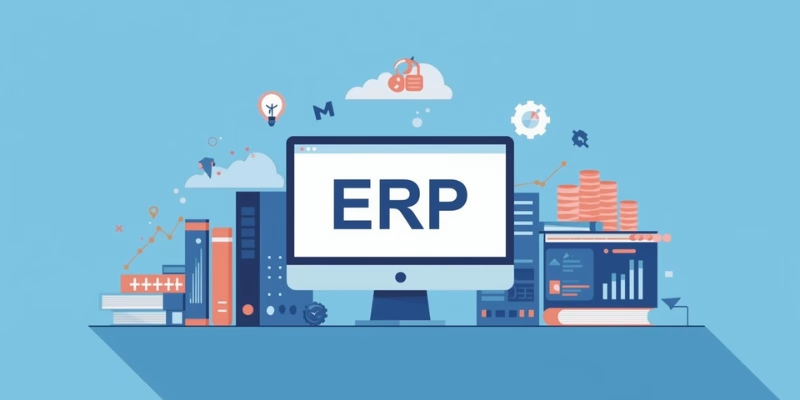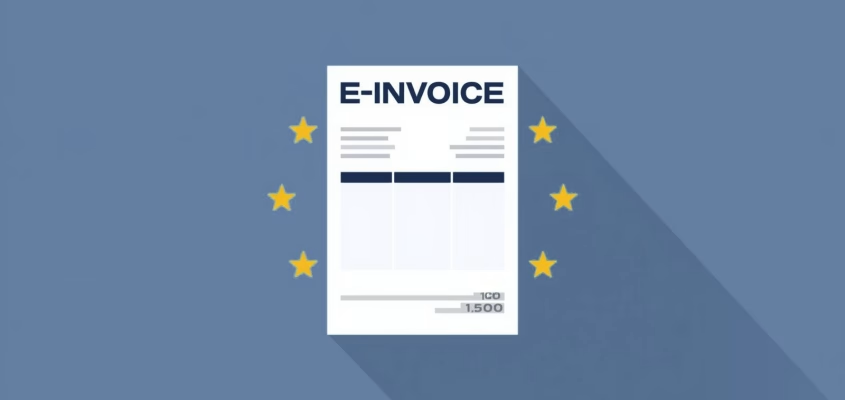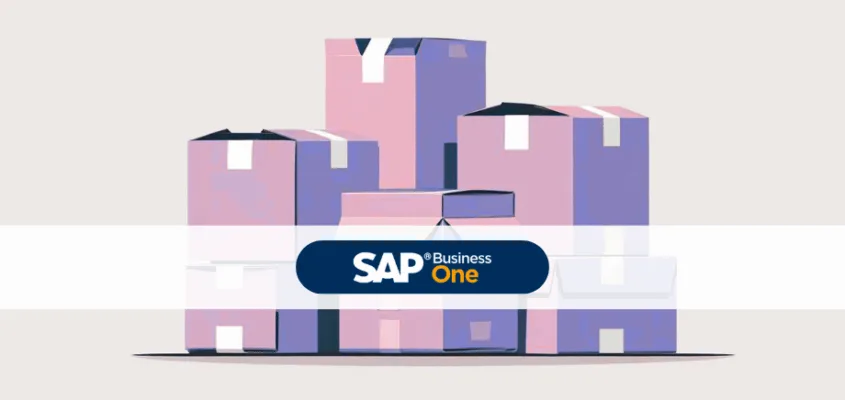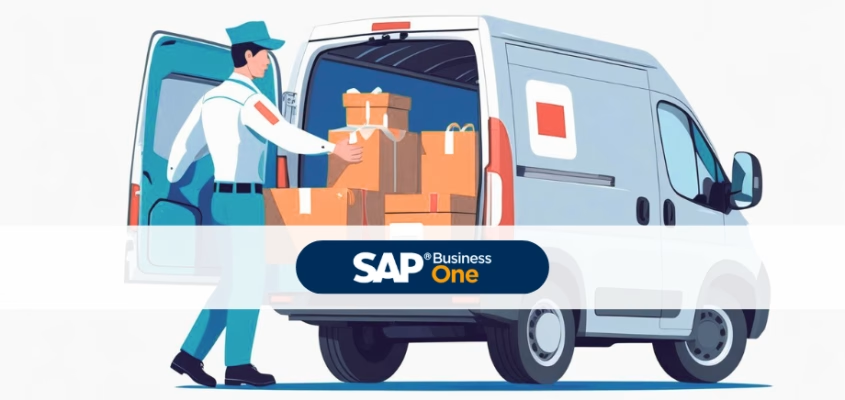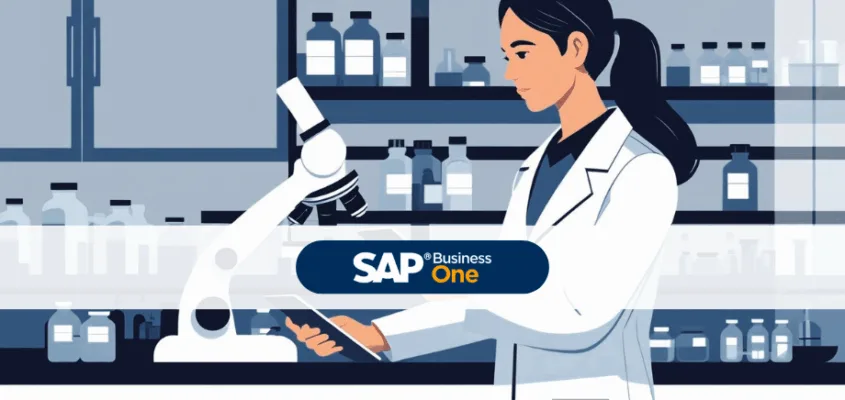The basic topic of mandatory e-invoicing has now arrived in most companies. The real uncertainty today lies elsewhere: in the details
Read MoreMonolithic ERP systems in SMEs: challenges, solutions and risk management
Enterprise resource planning (ERP) systems form the digital backbone of medium-sized companies. Because as
Read MoreThe e-invoicing regulations in Europe
Electronic invoicing is no longer a topic of the future, but is becoming a legal requirement in many European countries. Driven by EU initiatives such as ViDA (VAT in the Digital Age), a patchwork of national regulations with an increasingly binding character is emerging. For companies - especially SMEs - this means that the transition from paper-based or PDF invoices to structured, machine-readable e-invoices is no longer optional, but a regulatory necessity
Read MoreE-invoicing for SAP Business One
From 1 January 2025, an important change for companies in the B2B sector will come into force: the mandatory introduction of e-invoicing. This step towards digital transformation not only offers more efficient processing without paperwork. Electronic invoicing also makes an important contribution to resource conservation and environmental friendliness. By using standardised formats such as XRechnung and ZUGFeRD, which comply with European standards, companies can automate and digitalise their invoicing processes.
Read MoreArtificial intelligence (AI) in financial accounting
In today's world, artificial intelligence has the potential to transform many industries and finance is no exception. One of the areas where AI could make significant progress is financial accounting.
Read MoreReturn rates - on the trail of returns
Returns are an increasing burden on online retail. A frequently used indicator in a business context is the returns rate. Returns are ordered goods that are sent back to the seller by the customer. These are used or unused goods. However, the returns rate has various dimensions that can be determined from the business figures.
Read MoreSurvive the supply chain crisis with an ERP
Disrupted supply chains and rising costs, which are currently affecting manufacturing and trading companies, were first triggered by the pandemic and have now been exacerbated by the war in Ukraine. The latest reports on the business climate are causing many companies to switch to crisis mode or at least to focus intensively on a worsening of the crisis. Fortunately, companies with a solid ERP system have an important tool at their disposal. Automated inventory management can be essential for companies that are affected by disrupted supply chains and want to survive these uncertain times.
Read MoreNo GoBD without process documentation
Today, all companies must comply with the GoBD-compliant storage of certain documents. However, correct archiving alone is not enough. The specific measures and procedures to be taken must be set out in procedural documentation.
Read MoreManage batches for medical devices
Companies that manufacture medical devices in particular are obliged to manage these products in batches. This applies in particular to all products for implantation, in-vitro diagnostics and all products manufactured from substances of animal origin. Batch management for medical devices is a legal requirement that must be strictly adhered to. The batch number documents both the manufacturing process and the raw materials used. Under certain circumstances, batch numbers can be used to initiate product recalls.
Read MoreERP upgrade - It will be time at some point
Inconvenient but true, an ERP upgrade is almost inevitable after a certain period of business software operation. A renewal is often the vehicle for a digital transformation that enables new lines of business, significantly improves user-friendliness and increases efficiency.
Read More
